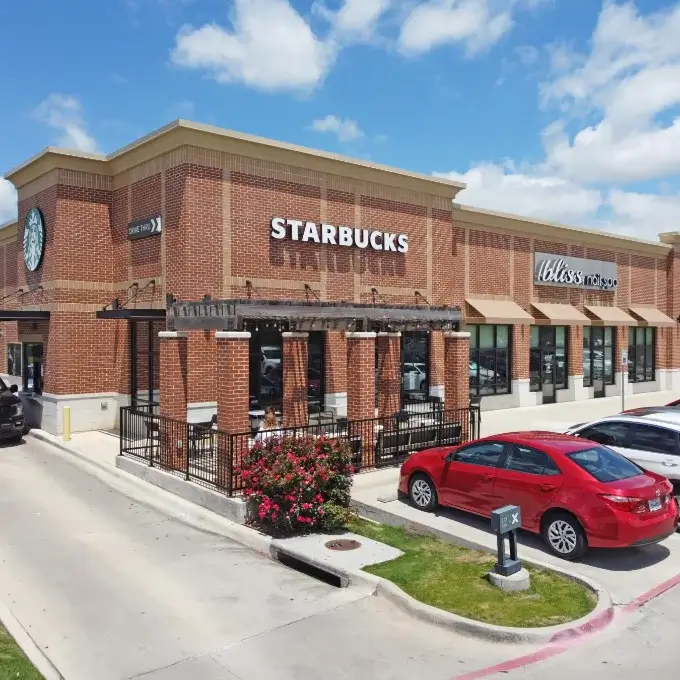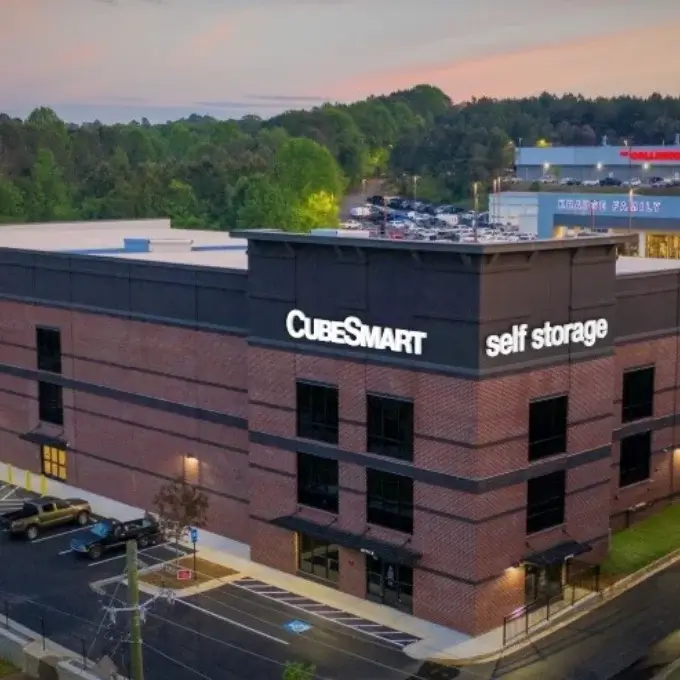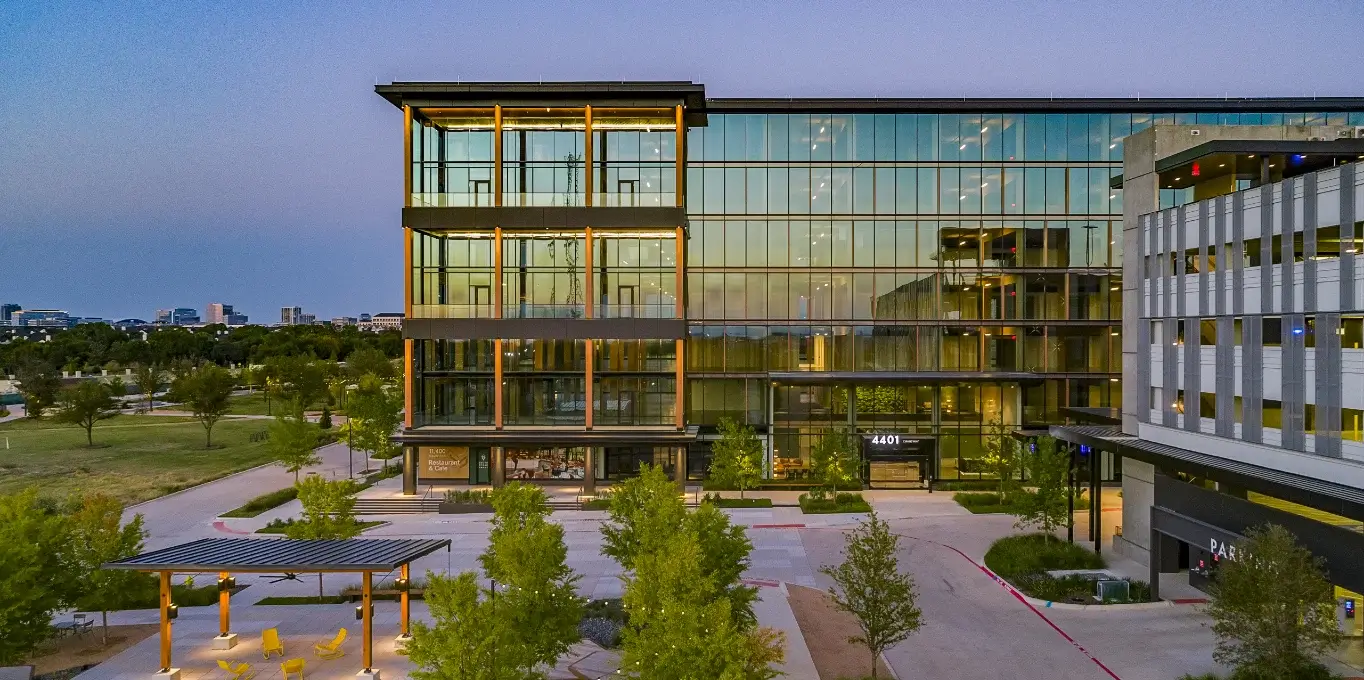Sustainability
The below statement is based on requirements related to Regulation (EU) 2019/2088 on Sustainability-related disclosures in the financial services sector (the “SFDR”). The purpose of the Disclosure Regulation is to achieve more transparency on how financial market participants consider any sustainability event or condition that, if it occurs, could have a negative material impact on the value of an investment (“Sustainability Risks”).
“Crow Holdings Capital believes sustainability considerations may impact investment outcomes. As a result, Crow Holdings Capital strives to focus on sustainability throughout the investment lifecycle in order to invest with a sense of purpose and responsibility, to positively impact communities and to add social and economic value. Crow Holdings Capital considers a variety of sustainability factors in connection with the investment strategies of their funds, which centre around acquisition, development and ownership of real estate properties. Such factors may include, where reasonably practicable but are not limited to, improving energy efficiency and reducing greenhouse gas emissions through the implementation of energy saving methods such as lighting retrofits, cool roofs, installing smart thermostats, energy-efficient appliances, and electric vehicle charging stations; improving water conservation through the installation of high-efficiency plumbing fixtures, water detention systems, improving landscape irrigation practices and incorporating native plants; reducing waste, recycling and restoring soil and disturbed habitats during the construction phase; evaluating green building certifications; and facilitating tenant well-being through convenient fitness facilities and improving indoor air quality. Such factors will generally attempt to be identified at the due diligence stage of the investment process and, where appropriate, are monitored throughout the duration of the investment. As part of Crow Holdings Capital’s commitment to sustainability, its parent company, Crow Holdings, sponsors and participates in EarthX, a non-profit environmental organization dedicated to education and awareness of sustainable initiatives. Crow Holdings Capital will continue to monitor industry standards and best practices towards sustainability integration.”
“It is important to Crow Holdings Capital that all employees are fully aligned with Crow Holdings Capital’s Sustainability Policy. Sustainability risk means an environmental, social or governance event or condition that, if it occurs, could cause an actual or a potential material negative impact on the value of the investment (“Sustainability Risk”). Sustainability Risk is generally considered similarly as other risks which could reasonably be expected to cause a material negative impact on the value of a fund or portfolio. Crow Holdings Capital does not currently consider the adverse impacts of investment decisions on sustainability factors within the meaning of the SFDR. While sustainability considerations are integrated into Crow Holdings Capital’s investment process as outlined in Crow Holdings Capital’s Sustainability Policy, the detailed rules underlying the SFDR will require Crow Holdings Capital to ascertain the availability of the data expected to be reported under the new requirements of the SFDR. As such, the position will continue to be monitored and reviewed by Crow Holdings Capital as the underlying rules are finalized and market practice becomes apparent.
























